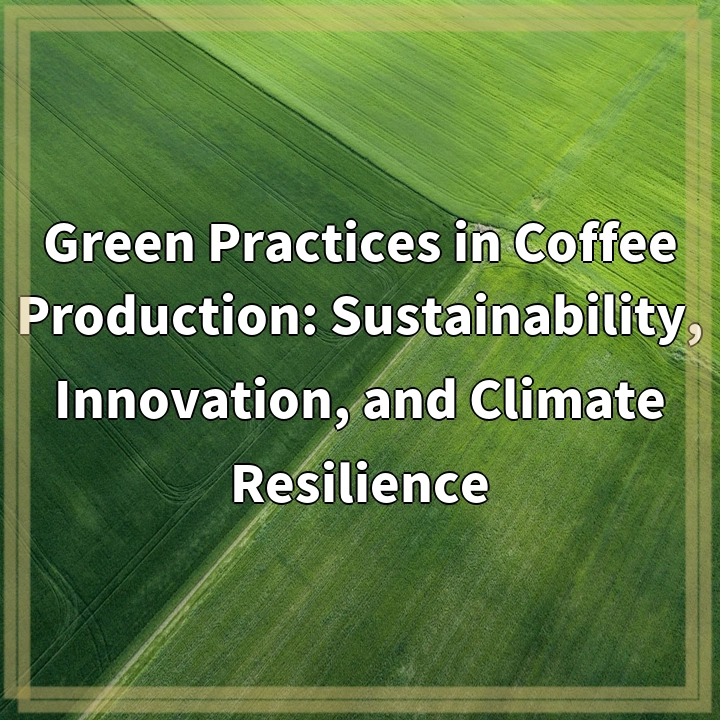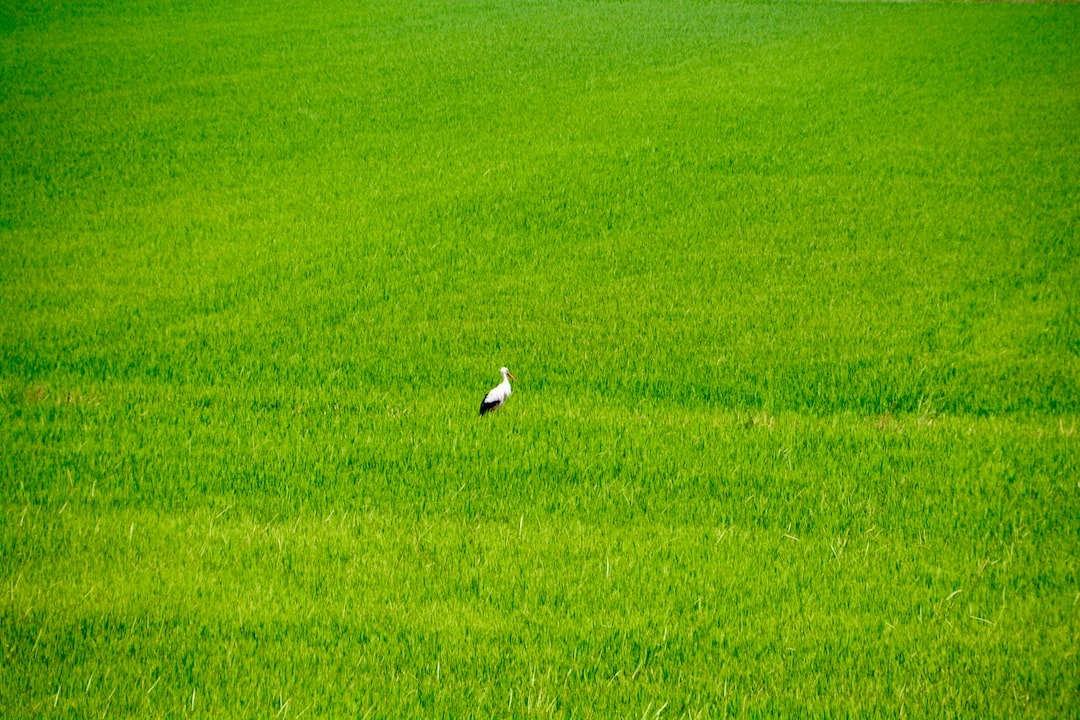
What are Green Practices in Coffee Production?
Green practices in coffee production refer to sustainable and environmentally friendly methods used in cultivating and harvesting coffee beans. These practices aim to minimize the negative impact on the environment, conserve natural resources, and ensure the long-term viability of coffee farming.
Real-World Problems Associated with Green Practices in Coffee Production
1. Climate Change
The coffee industry is highly vulnerable to the impacts of climate change. Rising temperatures, altered rainfall patterns, and extreme weather events pose significant challenges for coffee farmers. Changes in temperature and precipitation can affect the growth, yield, and quality of coffee plants, making it essential to implement green practices that enhance the resilience of coffee production to these climate risks.
2. Deforestation and Habitat Loss
Traditional coffee production practices have often led to deforestation and habitat loss, as forests are cleared to make way for coffee plantations. This destruction of natural habitats can result in the loss of biodiversity, disrupt ecological balance, and contribute to climate change. Green practices promote shade-grown coffee, agroforestry systems, and reforestation efforts to mitigate these negative impacts on the environment.
3. Water Management
Coffee farming requires a significant amount of water for irrigation, processing, and washing coffee beans. Poor water management practices can lead to water scarcity, pollution, and increased pressure on local water resources. Green practices in coffee production focus on water conservation techniques such as rainwater harvesting, efficient irrigation systems, and wastewater treatment to minimize water usage and protect water quality.
4. Pesticide Use
Conventional coffee farming often involves the use of pesticides and chemical fertilizers, which can contaminate soil, water, and surrounding ecosystems. Green practices prioritize organic and agroecological methods that minimize or eliminate pesticide use, ensuring the production of healthier and more environmentally friendly coffee beans.
By addressing these real-world problems through the adoption of green practices, coffee production can become more sustainable, innovative, and resilient. It enables coffee farmers and consumers to contribute to a healthier planet while enjoying their favorite beverage.

Solutions for Green Practices in Coffee Production
1. Climate-Resilient Farming Techniques
To address the challenges posed by climate change, coffee farmers can implement climate-resilient farming techniques. These include intercropping with shade trees to provide protection against extreme temperatures, adopting soil conservation practices to improve water retention and reduce erosion, and implementing sustainable land management practices that enhance soil health and fertility.
2. Forest Conservation and Agroforestry
To combat deforestation and habitat loss, coffee farmers can promote forest conservation by preserving existing forest areas and restoring degraded lands. Implementing agroforestry systems that integrate coffee cultivation with diverse tree species helps create a more biodiverse and sustainable environment. These systems provide crucial habitat for wildlife, enhance soil quality, and contribute to carbon sequestration.
3. Efficient Water Management
Efficient water management practices play a vital role in sustainable coffee production. Coffee farmers can employ techniques such as micro-irrigation systems and drip irrigation to minimize water usage and reduce wastage. Water recycling and purification methods can also be implemented to ensure the responsible use and preservation of water resources.
4. Organic and Integrated Pest Management
Transitioning from conventional to organic farming practices can significantly reduce pesticide use in coffee production. Integrated Pest Management (IPM) techniques encourage natural pest control methods using biological agents, crop rotation, and trap cropping. This approach minimizes the reliance on synthetic pesticides and promotes a healthy and balanced ecosystem.
By implementing these solutions, coffee producers can promote sustainable and environmentally friendly practices that contribute to the conservation of ecosystems, mitigate the impacts of climate change, and ensure the long-term resilience of coffee production.















